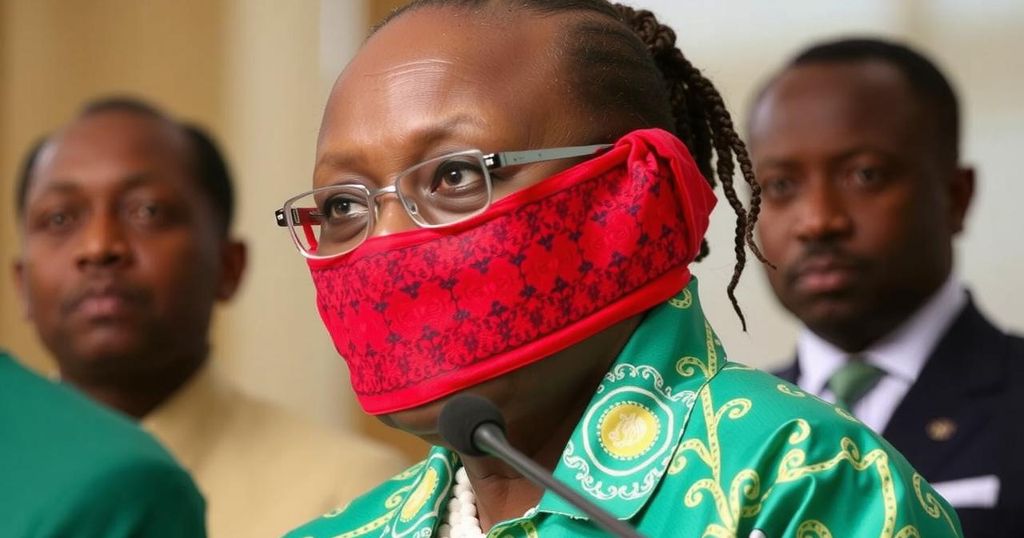Togo Reschedules Historic Senate Elections to February 15

Togo has delayed its first senatorial elections to February 15 to provide political actors more time to prepare. The elections are pivotal for establishing the Senate and implementing a contested new constitution that critics claim enables President Faure Gnassingbé to extend his tenure. Major opposition parties have announced a boycott, citing the electoral process as a constitutional coup.
Togo’s inaugural senatorial elections have been rescheduled to February 15, as announced in a presidential decree issued on Friday. The postponement, by two weeks, aims to provide political entities with additional time to organize and prepare for the elections, which will officially commence campaigning on January 30. This electoral event marks a critical phase in the implementation of a new constitution that has faced significant criticism from opposition groups and civil society.
The Senate, officially established through a constitutional amendment in 2002, had never been convened until now. This body will consist of 61 members: 41 senators will be elected by regional and municipal councillors, while the remaining members will be appointed by the president of the Council of Ministers. Despite the election’s significance, several major opposition parties, particularly the National Alliance for Change (ANC), have declared their intent to boycott, alleging that the election is a component of a “constitutional coup d’état.”
The new constitution, which transitions from a direct presidential election to a parliamentary system, has been denounced as a mechanism for President Faure Gnassingbé to maintain power indefinitely. President Gnassingbé leads the ruling party, UNIR, which secured 108 of the 113 legislative seats in the April 2024 election. He has held the presidency since 2005, succeeding his father, who governed for 38 years.
Overall, the postponement of the elections and the ongoing controversy surrounding the new constitution underscore the political tensions in Togo, particularly as opposition parties and civil society voice serious concerns about the governance reforms proposed.
The delay of the senatorial elections in Togo reflects the complex political landscape of the country as it navigates a transition towards a new constitution. This constitution was designed to alter the governmental framework from direct election of the president to a parliamentary system, a change that has been met with sharp opposition. The political climate is further complicated by threats of boycott from major opposition parties that regard the electoral process as illegitimate. Understanding the historical context and the significant role of the Senate within Togo’s governance is crucial for comprehending the dynamics at play in this electoral cycle and the broader implications for the nation’s political stability.
In summary, Togo’s decision to postpone its first senatorial elections to February 15 reflects the need for political organizations to prepare adequately amidst significant dissent from opposition groups. With the elections considered integral to the implementation of a controversial new constitution and the establishment of the Senate, the forthcoming vote stands as a critical juncture in Togo’s political journey and will likely provoke continued debate over governance and power dynamics in the country.
Original Source: www.barrons.com







